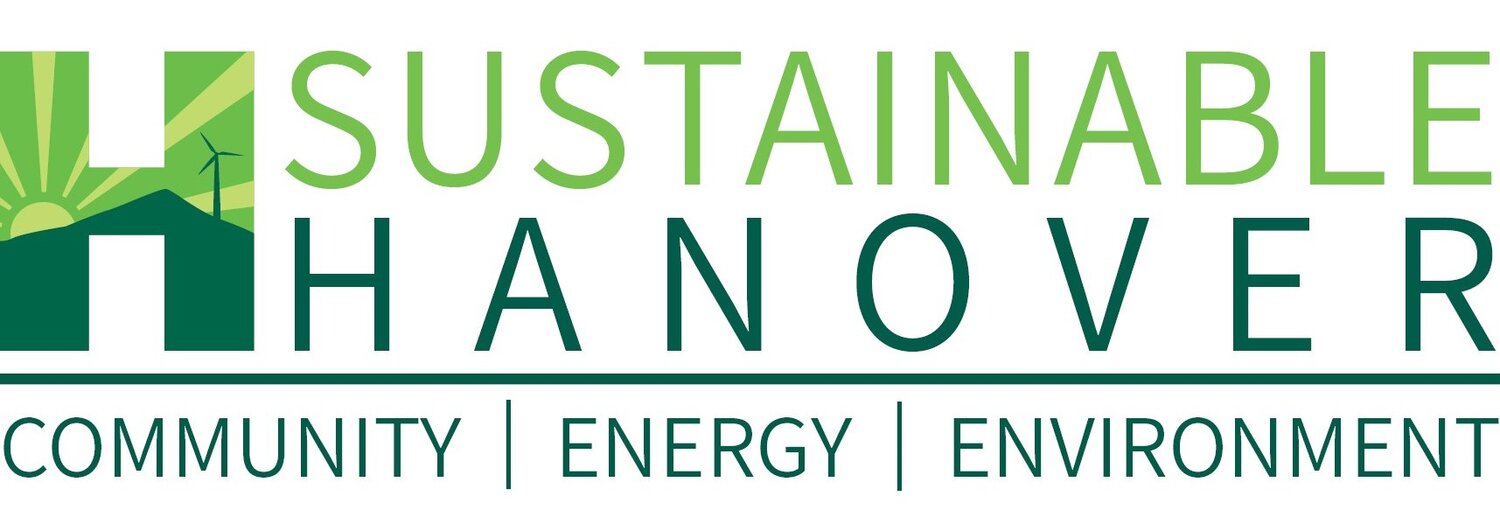WHO KNEW Your Choices at the Grocery Store Could Make a Difference in the Fight Against Plastic?
Most of us visit the grocery store on a regular basis, so it’s a good place to reinforce plastic-free habits. And it’s not only what you do, but the example you set for others. Casual observation suggests that most people bring their own, reusable bags to bag their groceries, but far fewer bring their own, reusable produce bags for fruit and vegetables. Reusable produce bags are washable and last for years. Because of their mesh construction, they allow your produce to breathe. And instead of buying prepackaged fruit and vegetables—whether in plastic containers, netting, or bags—select your own pieces, if available. Even consider not buying fresh berries regularly when not in season, as they carry a large carbon footprint in terms of packaging and transportation.
In other areas of the store, when you reach for that product packaged in plastic, look to see if there is a non-plastic alternative. In our area, milk and yogurt are available from local farms in returnable glass bottles. Need cream cheese? Buy it in the cardboard packaged brick instead of the plastic tub. Need shredded cheese? Shred your own instead of buying it pre-shredded in plastic. Buying in bulk? Bring reusable bags instead of using the plastic bags. Need eggs? Reach for those local eggs in the cardboard container. Laundry soap? Buy it in bulk, or buy the laundry strips available in thin, cardboard packaging (Lebanon Coop). Consider using beeswax coverings for leftover food instead of cling wrap. Use glass containers for leftovers, instead of plastic. Sandwich bags? There are paper alternatives. Hand soap? Buy a bar, not a bottle. Single use drinks in plastic? Use a small thermos or reusable water bottle. Did you know most tea bags contain plastic? Consider brewing with loose-leaf tea.
With a little effort, and maybe a little sacrifice, you can greatly reduce the amount of plastic that leaves the grocery store with you. The task of going plastic-free can seem overwhelming, so it’s best to start out gradually: maybe this is a good week to try that shampoo bar; you might just discover it does the job as well as any plastic- bottled brand. Remember, the less plastic that comes home with you, the less plastic will end up in your recycle bin—most of which ends up in landfill. https://www.cnn.com/2020/09/18/opinions/the-disturbing-truth-about-plastic-recycling-totterman/index.html
For information on the dangers of plastics in our food and environment, please check out last week's WHO KNEW at this link: Sustainable Hanover, then look under “News” and “Who Knews?”
